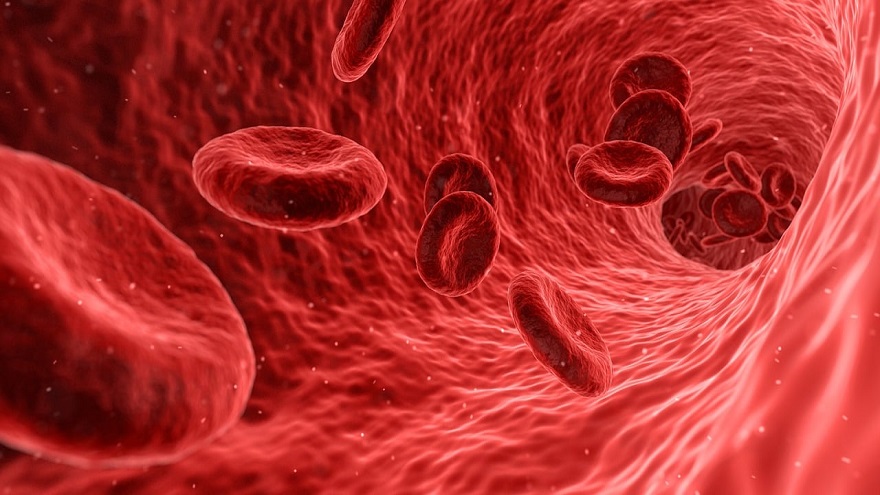The human gut is home to a diverse and complex community of microorganisms, known as the microbiome. The gut microbiome plays a crucial role in various aspects of health, including digestion, immunity, and even mental health. Research has also shown that the gut microbiome is closely connected to hormone balance in the body.
Gut Health and Hormonal Balance
The gut microbiome is responsible for producing certain hormones and enzymes that are essential for maintaining hormonal balance in the body. For example, the gut microbiome produces serotonin, a neurotransmitter that helps regulate mood and sleep. Disruptions in the gut microbiome can lead to imbalances in serotonin production, which can contribute to conditions such as depression and anxiety.
Additionally, the gut microbiome plays a role in the production of sex hormones such as estrogen and testosterone. An imbalance in these hormones can lead to a variety of symptoms, including irregular periods, weight gain, and decreased libido.
Gut Health and the Endocrine System
The endocrine system is a network of glands and hormones that regulate various bodily functions, including metabolism, growth and development, and reproductive function. The gut microbiome has been shown to influence the function of several endocrine glands, including the thyroid and the pancreas.
For example, the thyroid gland is responsible for producing hormones that regulate metabolism and energy levels. Dysregulation of the thyroid gland can lead to conditions such as hypothyroidism (underactive thyroid) and hyperthyroidism (overactive thyroid). Research has shown that the gut microbiome can affect the production and metabolism of thyroid hormones, which can contribute to thyroid dysregulation.
Similarly, the pancreas plays a crucial role in the production of insulin, a hormone that regulates blood sugar levels. Imbalances in insulin production can lead to conditions such as diabetes. The gut microbiome has been shown to influence insulin production and sensitivity, which can affect blood sugar control.
Gut Health and Stress
Stress can have a significant impact on the gut microbiome and, in turn, hormonal balance. Chronic stress can lead to an imbalance in the gut microbiome, which can affect the production of hormones such as cortisol, the “stress hormone.” High levels of cortisol can disrupt the production of other hormones and contribute to a variety of symptoms, including weight gain, fatigue, and difficulty sleeping.
On the other hand, maintaining a healthy gut microbiome can help reduce stress and improve overall hormone balance. Studies have shown that the consumption of probiotics (beneficial bacteria found in fermented foods and supplements) can help reduce stress and improve symptoms of anxiety and depression.

Gut Health and Hormonal Balance in Women
Hormonal imbalances are a common concern for many women, particularly during menopause and pregnancy. The gut microbiome plays a significant role in hormonal balance during these stages of life.
During menopause, declining levels of estrogen can lead to symptoms such as hot flashes, mood changes, and bone loss. Research has shown that the gut microbiome can influence the metabolism of estrogen, which can affect symptoms of menopause. Maintaining a healthy gut microbiome during this time can help reduce menopausal symptoms and support overall hormonal balance.
Pregnancy is another time when hormonal balance is crucial for the health of both the mother and the baby. The gut microbiome is thought to play a role in pregnancy complications such as preterm birth and gestational diabetes. Supporting a healthy gut microbiome during pregnancy can help reduce the risk of these complications and support overall hormonal balance.
Gut Health and Hormonal Balance in Men
Hormonal imbalances can also affect men, particularly as they age. Low testosterone levels can lead to symptoms such as decreased muscle mass, low libido, and fatigue. The gut microbiome has been shown to influence testosterone production and metabolism, which can affect testosterone levels. Maintaining a healthy gut microbiome can help support testosterone production and overall hormonal balance in men.
Improving Gut Health for Hormonal Balance
There are several ways to support gut health and hormonal balance:
- Eat a diverse and nutritious diet rich in fiber and fermented foods
- Stay hydrated
- Exercise regularly
- Manage stress through techniques such as meditation and yoga
- Consider taking a probiotic supplement
If you’re interested in learning more about the relationship between gut health and hormone balance, be sure to download our free gut health guide. And if you’re ready to start supporting your gut health today, try a free 3-day supply of our probiotic green juice, Life Greens.


